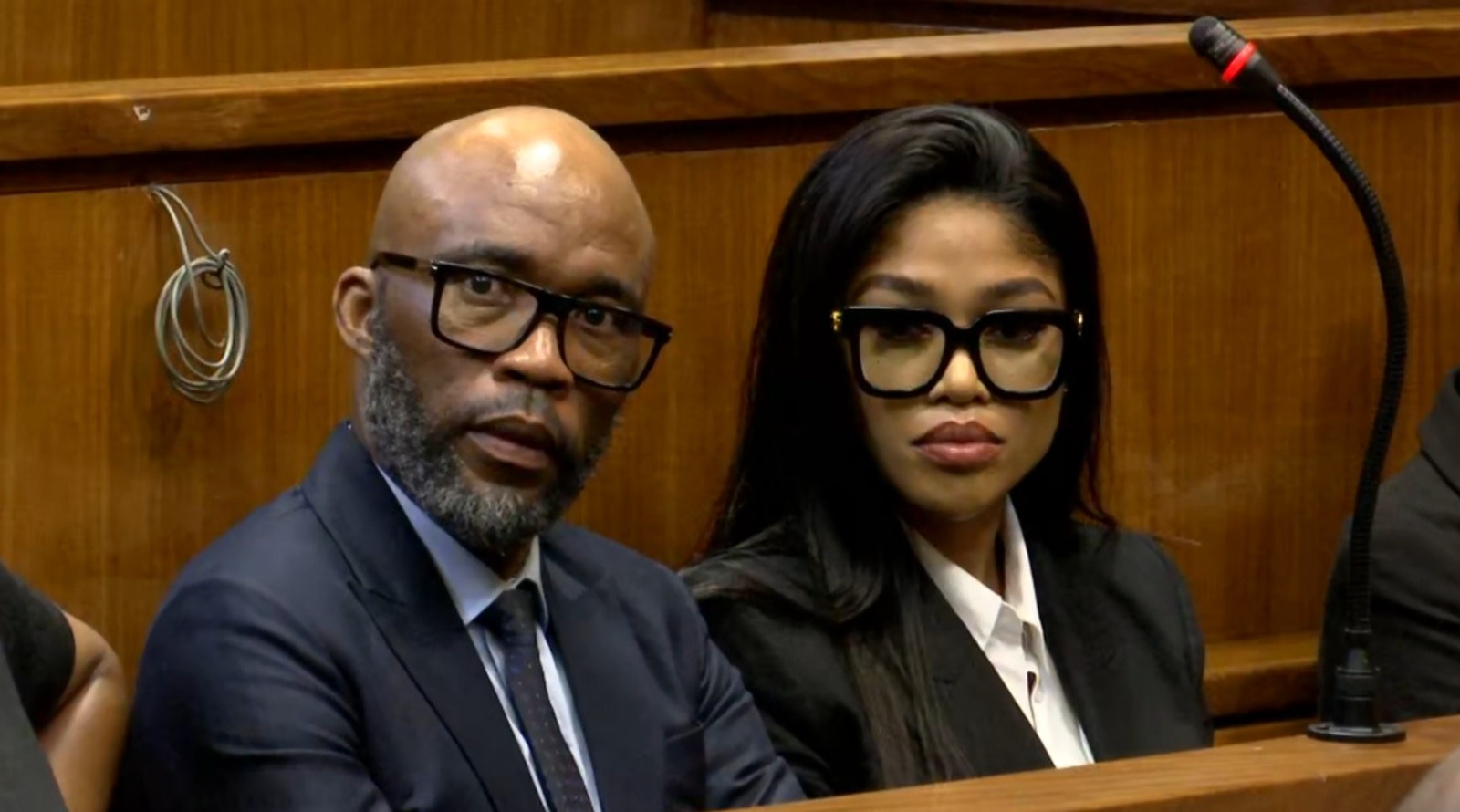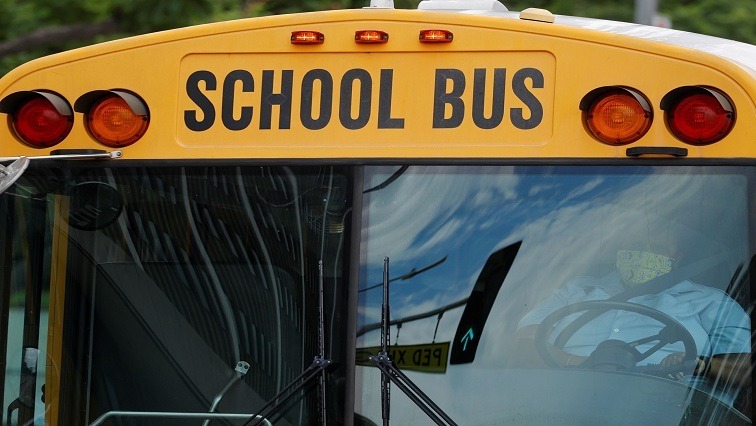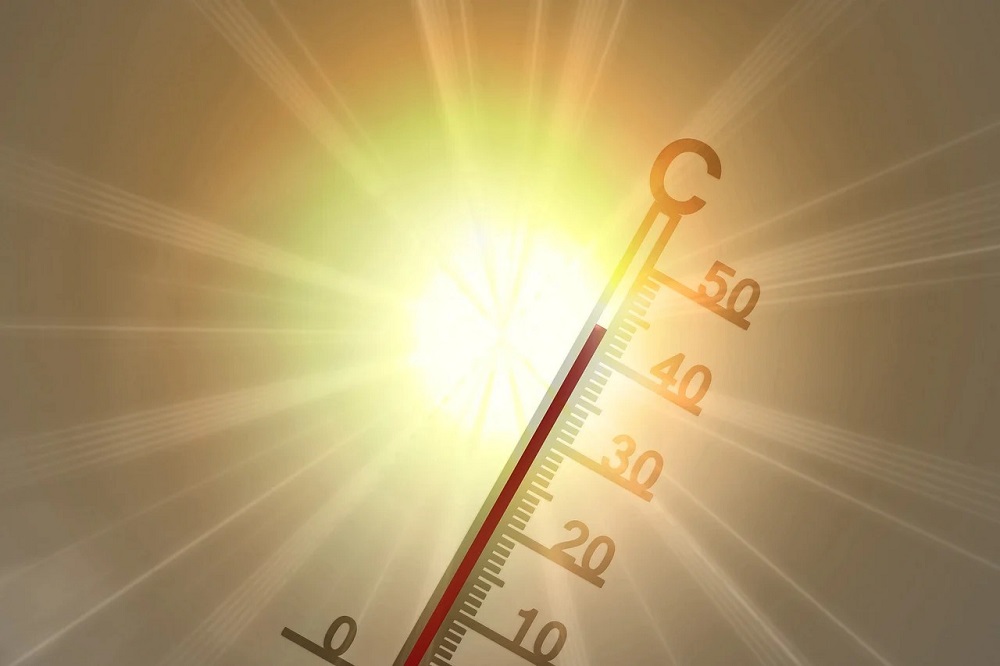-
[File Image] #FeesMustFall, and its demands for zero university fee increases, is in a second cycle of mass resistance in South Africa.
Ten years after the tumultuous events of the “fees must fall” movement — universities across the country continue to be rocked by student protests related to fees.
The objectives now are similar to those then, to stop increases in student fees, as well as to increase government funding of universities.
Having promised in 2015 during student protests that there would be no tuition fee increases for 2016, mayhem broke out when in that year government announced that fee increases would be capped at 8% for 2017.
However, each university would have the autonomy to decide by how much their tuition would increase.
MK Party secretary-general Floyd Shivambu says he remembers what happened when the dust eventually settled.
“The reaction of government under [former] President Jacob Zuma was to put in place a commission of inquiry to investigate methods of how South Africa can introduce free fee education at a higher education level. That commission did not recommend that there must be free fee education at higher level.”
“It recommended some mix masala of, combinations of some student loans and banks and all of those things. But [former] President Zuma rejected that report and announced that there must be free fee education for all at a higher education level. That was the decision that was taken, and of course, after he left office, those who came after him frustrated the full rollout of free education for all at the secondary level,” adds Shivambu.
Ten years on, fees must fall activist Fasiha Hassan, who was studying at Wits University at the time, says while there have been notable gains in the fight for all to access higher education, there is still a way to go.
“In the time that we led fees must fall in the 2016/17 financial year, at that time we had R7,2 billion for NSFAS [National Student Financial Aid Scheme]. Now in the 2024/25 financial year there is over R52 billion that has been allocated to NSFAS. However, that does not mean that we have solved the problem and that is clearly what is happening on the ground.
What it shows us is that even though there is more money for increased access to the poor, the longer universities continue to increase fees, it erodes access for young people and the poor in general. And what it also shows us is the institutional autonomy is very important for academic freedom.
The reality, until we can go to universities and say, but you are charging exorbitant fees even after major student protests and that means that the same R50 billion that has been allocated in this or the next financial year can accommodate not enough students.”
Hassan says over the years, there has been a hardening of attitudes on the part of university managements in the face of student dissent — resulting in what she sees as a sometimes disproportionate reaction to dealing with student activists.
She believes that there needs to be review of the framework within which universities operate.
“By no means is Parliament or government or anyone saying we are taking away the powers or the independence of institutions no. What we are saying is that you are a public institution, you are providing a public good [service] and because you are wanting to be run as a commercial enterprise you are now closing off space to the black poor masses our country.”
“That is an unacceptable thing and I think the minister is really trying and I think we need to create some kind of framework that says we may not agree on all this. We are not going to tell you what your academic freedoms are, but we are saying that when we have millions of people, particularly black African young people – we need to have better interventions,” she explains.
Corruption biggest impediment
For his part, Portfolio Committee Chairperson on Higher Education, Tebogo Letsie, believes that contrary to those who believe that there must be free education for all, the state should only come to the assistance of the needy.
He says one of the biggest impediments to students accessing funding is corruption.
“I don’t think the state just pays for education of those who can afford it, I don’t believe so. I believe free education must be given to the poor and working class. So we can debate that part with these other political parties … [pushing for] free education for the poor and working class in the country. It’s not fully realised. Why? It’s not because there are no funds, this government has [provided] resources like I told you.”
“Since 2025, the scheme would have moved from about R5 billion to R50 billion. Now multiplied 10 times to address accessibility to free education for the poor and working class. These people, not even NSFAS in my view, it’s these people who are given responsibilities to run the institution NSFAS. They have created a huge problem for us. They don’t look at NSFAS as a vehicle to change the lives our people, they look at NSFAS as a vehicle to change their lives. They look at it and say R51 billion, how much can we steal,” explains Letsie.











